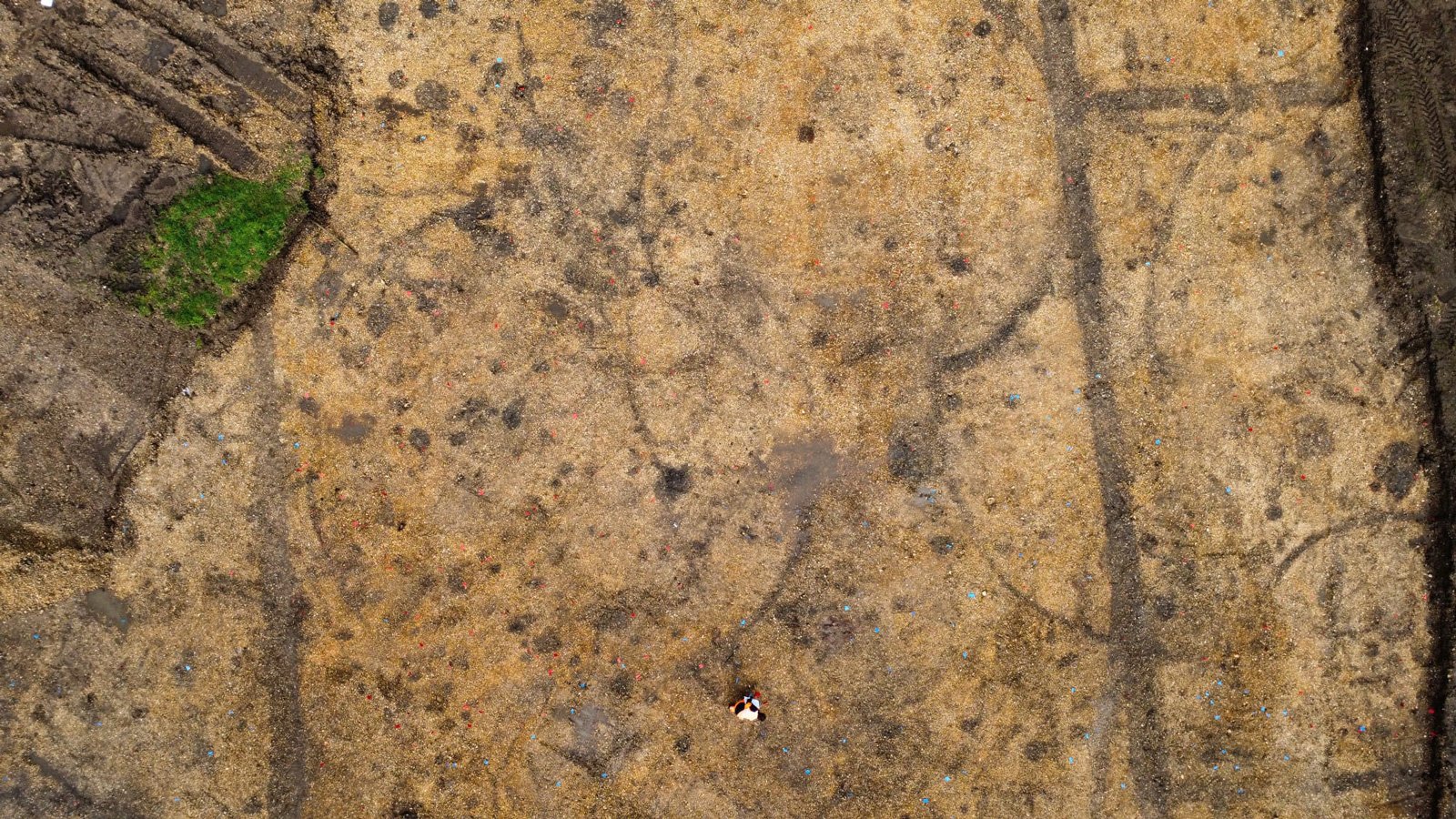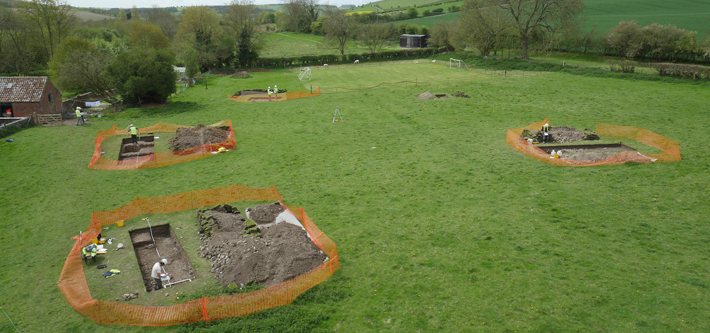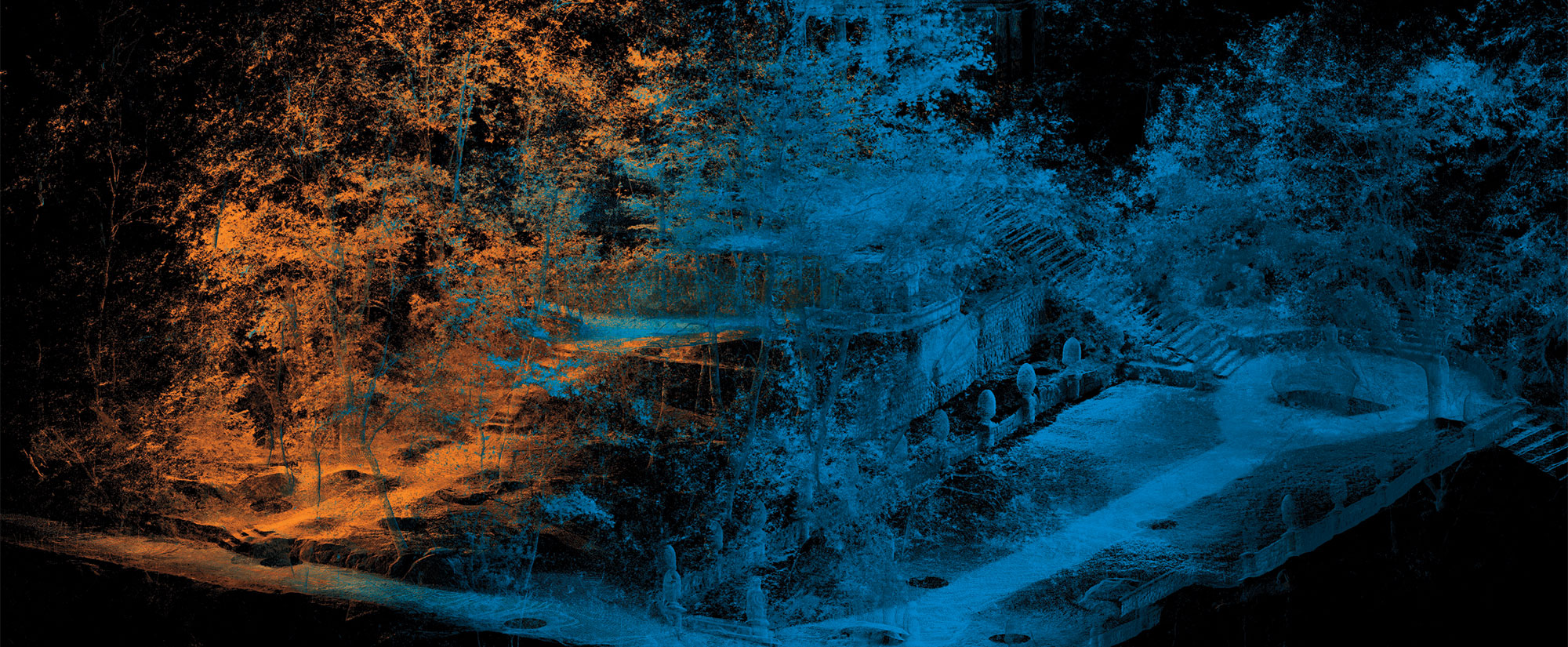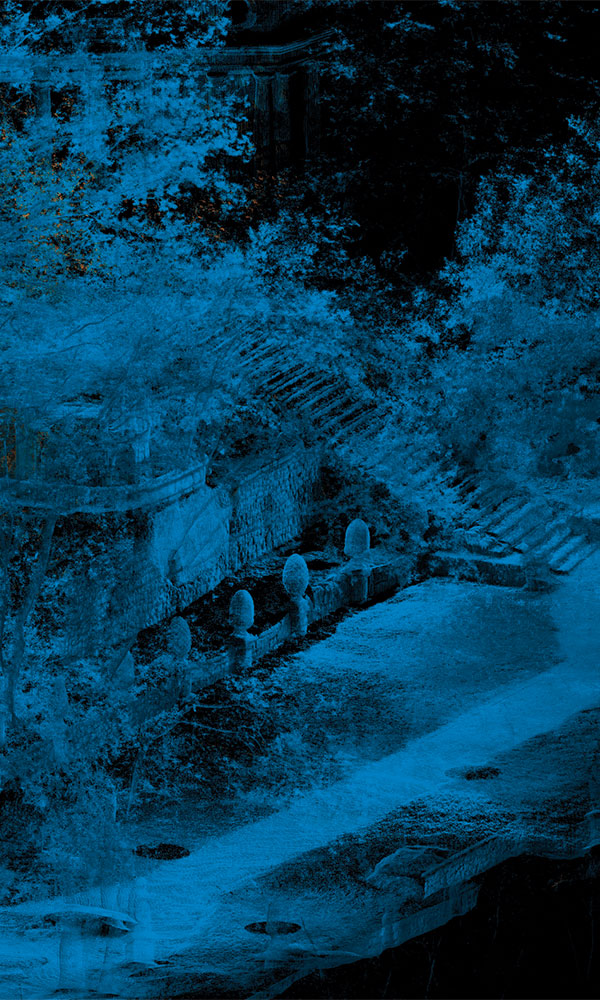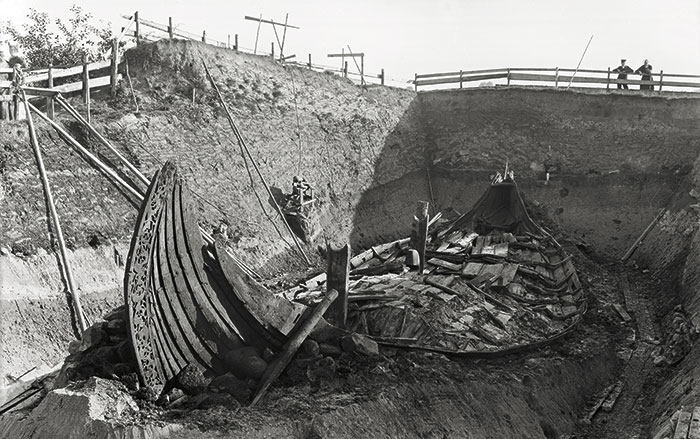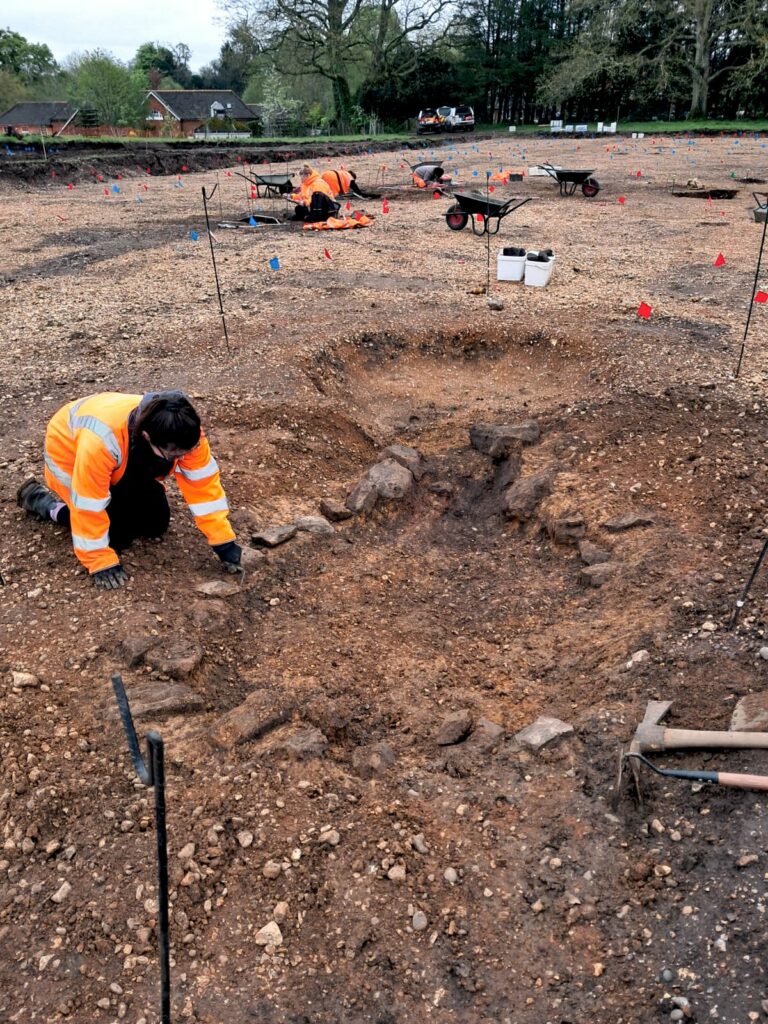
FORDINGBRIDGE, ENGLAND—Cotswold Archaeology announced that a team of their archaeologists uncovered evidence for hundreds of years of intense Iron Age and Roman occupation at a site in Fordingbridge, Hampshire, prior to the construction of a new housing development. The investigation revealed more than 2,000 archaeological features spread across just two acres of a small river terrace, including pits, enclosures, ovens, and trackways. Most notable was the discovery of 15 roundhouses belonging to a previously unknown late Iron Age (first-century a.d.) rural settlement. Each house measured around 40 feet in diameter. Excavations in and around these structures found abundant evidence of domestic activities, including textile production and grain processing. One of the most exciting finds was a complete sandstone quern, or grinding stone, which are rarely, if ever, recovered whole and unbroken. During the later Roman phases, the settlement transformed from a residential site into more of an industrial complex, with evidence of large-scale metalworking and pottery production. To read in-depth about archaeology in southern England, go to "A Dark Age Beacon."


